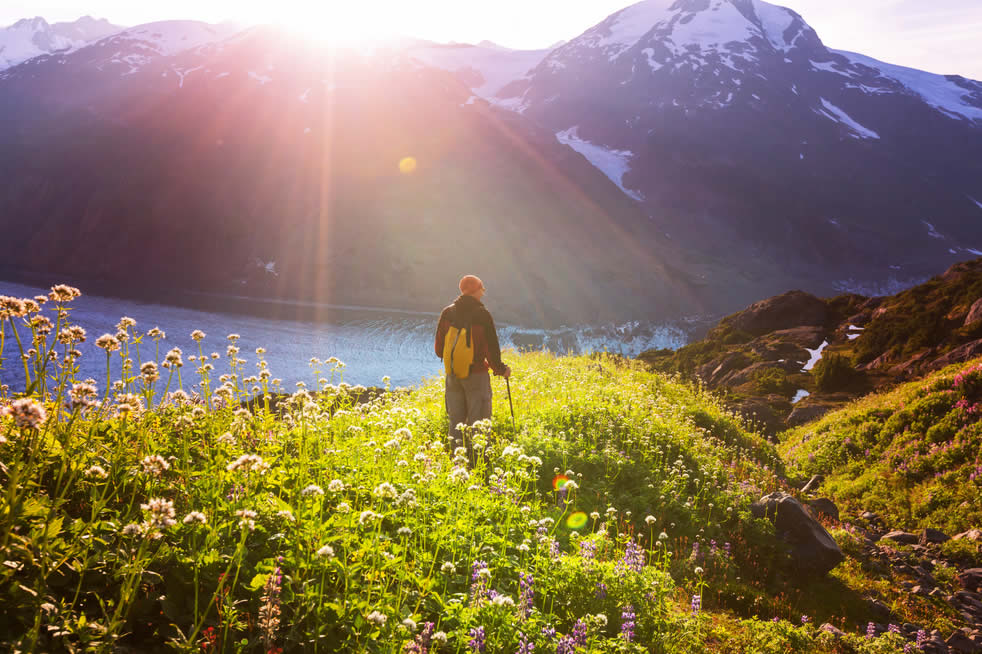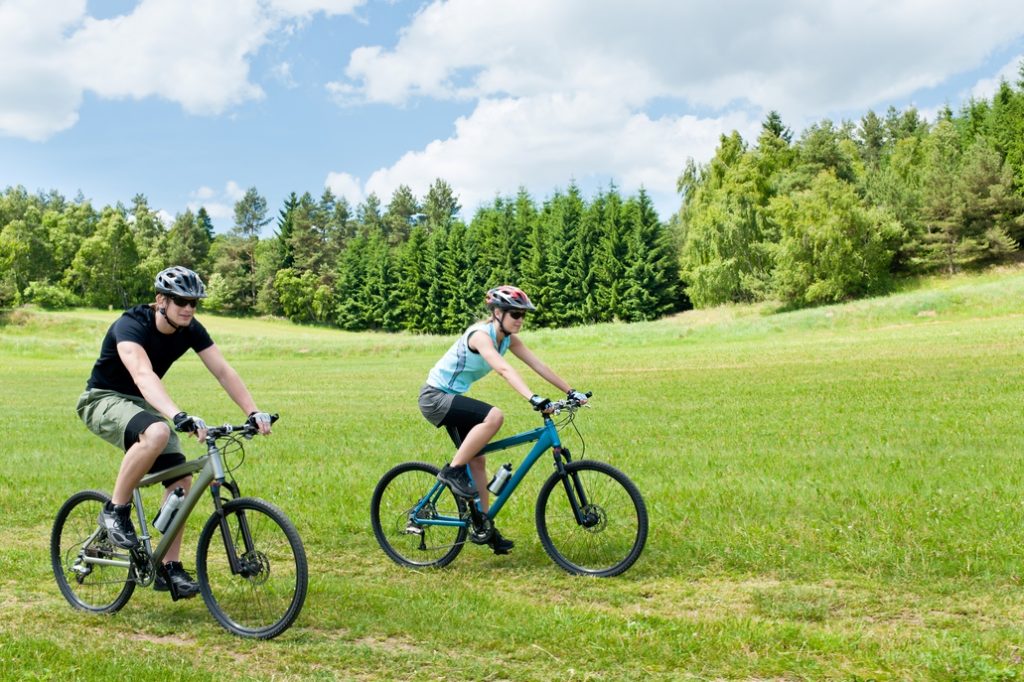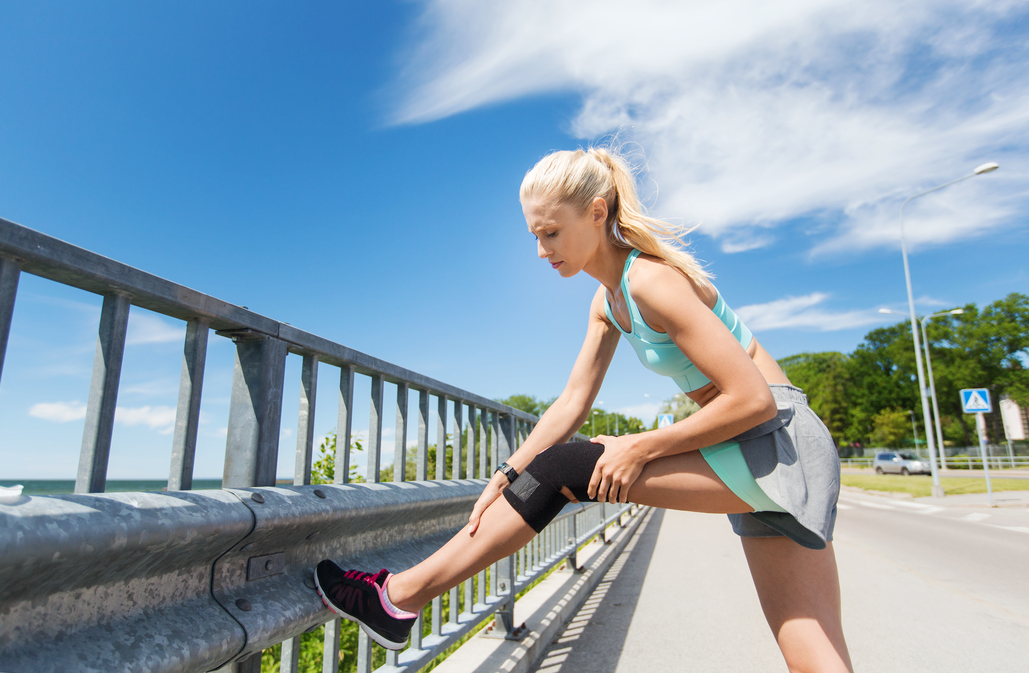
In Australia, whether it is summer holidays or any time of the year anyone can always find sunshine, a comfortable temperature, and breathtaking scenery. Humankind has always been driven to nature, and for a good reason. Nature awakens all our senses such as vision, smell, hearing, taste, and touch. As we wander into natural places we automatically shed stress and all our worries. But are there more health reasons than that?
The experience of nature can be different for everyone, whether through gardening, a family picnic, hiking, walking, jogging, canoeing, painting , fishing or photography, to name a few examples. All those pursuits deliver fresh air and natural light to the body and the soul.
What brings the most health benefits?
In search of helping my chronic anxious, depressed or insomniac patients I came across a fascinating research study. It has always intrigged me why some of my these patients did not respond to naturopathic treatment as they should. The answer was simpler that I thought.

Prolonged exposure to electronic devices may cause elevated blood pressure, anxiety, depression, and insomnia.
The 2016 Australian study ¹ shows that mental and physical health improves in just 30 minutes being in nature. UQ CEED researcher Dr Danielle Shanahan said even parks have offered health benefits including reduced risks of developing heart disease, stress, anxiety and depression².
There is no doubt that living in cities, everyday stress, electromagnetic fields and other pollutants have a negative impact on human health. All electronic devices and the man-made electromagnetic fields make air ions positively changed, while in nature or after thunderstorms these air ions are negatively changed thus beneficial for us. The benefits of being in nature from time to time for a least a week are more important than we can imagine.
The 2016 study “Health Benefits from Nature Experiences Depend on Dose” has concluded that:
Scientists observed significantly fewer cases of depression and high blood pressure in people who spent an average of 30 minutes or more visiting green space in the survey week, and there was some indication that longer duration visits may be associated with an even lower prevalence of depression. The longer we stay in nature the longer lasting health benefits.
The range of psychological benefits for people who visit green, open spaces is vast and includes improved mood, lower levels of anxiety, lower stress levels, lower levels of depression and increased physical activity. Participating in health-promoting group activities such as hiking, physical activities and gardening also has a range of benefits for health and well-being.
Too much time in front of screens is deadly
Scientists have also discovered that use of electronic devices affects the quantity of our sleep.
They noticed that melatonin – a chemical that helps regulate our sleep patterns – was reduced by 50 percent in those who read with electronic devices. These levels also suggested that circadian rhythms had been delayed about an hour and a half.

Minimising watching TV or playing computer games by children while increasing outdoor activities have great health benefits.
While that is one of the more recent studies, it’s definitely not the first. Previous research has been looking at the effect of devices on sleep patterns and how their light affects our melatonin production for a while.²
“Nature deprivation,” a lack of time in the natural world, largely due to hours spent in front of TV or computer screens, has been associated, unsurprisingly, with depression, insomnia and anxiety. More unexpected are studies by Weinstein and others that associate screen time with loss of empathy and lack of altruism ³And the risks are even higher than depression and isolation. In a 2011 study published in the Journal of the American College of Cardiology, time in front of a screen was associated with a higher risk of death, and that was independent of physical activity!³
How Nature can help in the treatment of insomnia?
Insomnia, depression and anxiety are on increase and there are many reasons for that. There is growing research suggesting that being in nature may also improve sleep by resetting our internal clocks to a natural sleep cycle. A new study released in the journal Current Biology adds to that evidence by showing the sleep-promoting benefits of the great outdoors.5.

The best way to reboot your circadian rhythm is to stay in the wilderness for a week
Kenneth Wright, a researcher at the University of Colorado Boulder and author of the new study, embarked on his camping research back in 2013, when he sent people on a week-long summer camping trip to understand how their internal clocks changed without electronics and only natural light. Before and after the trip, he measured their levels of the hormone melatonin which alerts the body when it’s time to prepare for bed and helps set a person’s internal clock. Wright found that people’s internal clocks were delayed by two hours in their modern environment—which isn’t a good thing, since an out-of-whack sleep cycle has been linked to health problems like sleepiness, mood problems and a higher risk of being overweight. But they were able to recalibrate after a week in nature.
In the second part of the study, Wright wanted to see what happened when some people went camping for just a weekend and others stayed home. Most who stayed home stayed up later than usual and slept in, and their internal clocks were pushed back even further. But on the two-day trip, campers’ internal clocks shifted earlier. “That says we can rapidly change the timing of our internal clock,” says Wright.

Exposure to the morning sunlight stimulates the production of melatonin.
Fun as it may be, camping isn’t the only way to get similar results, Wright says: Exposing yourself to morning light, cutting down on electrical light from smartphones and screens in the evening and even dimming the lights at home can help.
As for Wright, he sets his internal clock by hiking in the morning, then waking up and going to sleep at the same time every day. It appears to be working: he doesn’t even need an alarm clock anymore.5
If you or someone you know suffers from chronic anxiety, depression or insomnia, my prescription is to try out one week of camping or secluded cabin in the wildness with no electronic devices or electricity. The research shows that this approach does wonders.
References:
- https://www.nature.com/articles/srep28551#t2
- https://www.beyondblue.org.au/about-us/research-projects/research-projects/beyond-blue-to-green-the-health-benefits-of-contact-with-nature-in-a-park-context-literature-review
- https://www.takingcharge.csh.umn.edu/enhance-your-wellbeing/environment/nature-and-us/how-does-nature-impact-our-wellbeing
- http://thebrainflux.com/how-electronic-devices-affect-sleep
- http://time.com/4656550/camping-sleep-insomnia/
 Danuta Hulajko is a holistic practitioner, international speaker and the founder & practitioner at the DH Natural Medicine Clinic and www.healingremedies.com.au in Sydney.
Danuta Hulajko is a holistic practitioner, international speaker and the founder & practitioner at the DH Natural Medicine Clinic and www.healingremedies.com.au in Sydney.
Danuta specialises in Allergies, Anti-Aging, Auto-Immune Conditions, Cardiovascular Conditions, Female Reproductive, Menopause, Mould Toxicity, Skin Conditions, Stress and Insomnia and Thyroid Dysfunction.
For more information please go to our website. You can also follow Danuta Hulajko’s work, events, seminars, expos, latest health research, her health tips and advice on Facebook, LinkedIn and Instagram.

